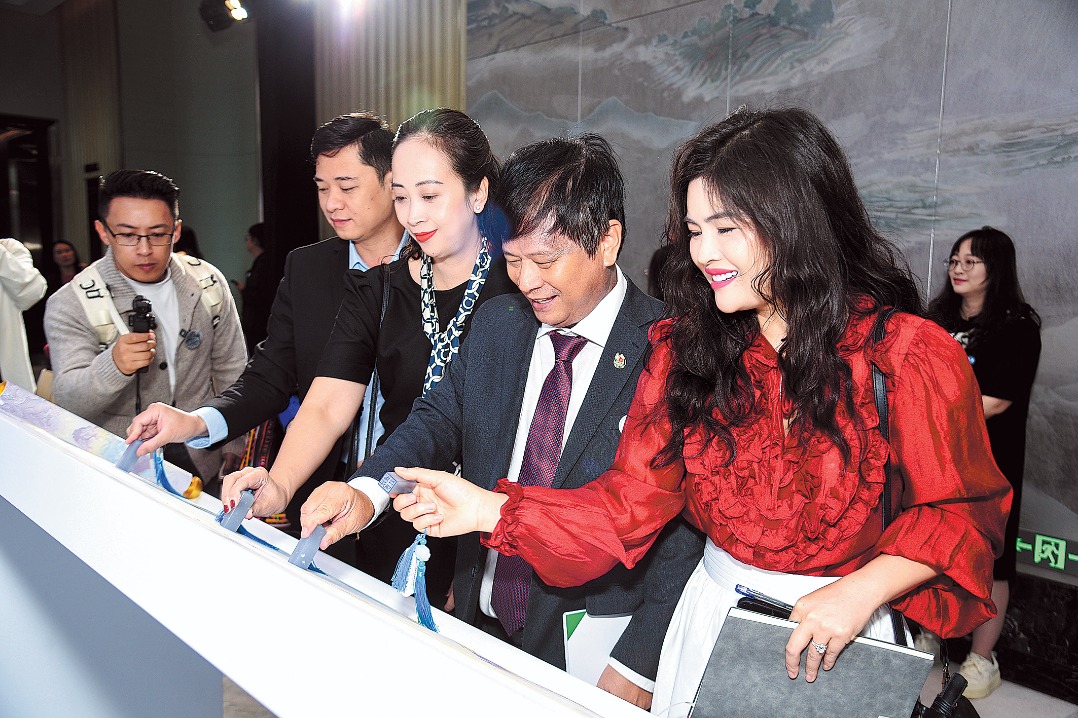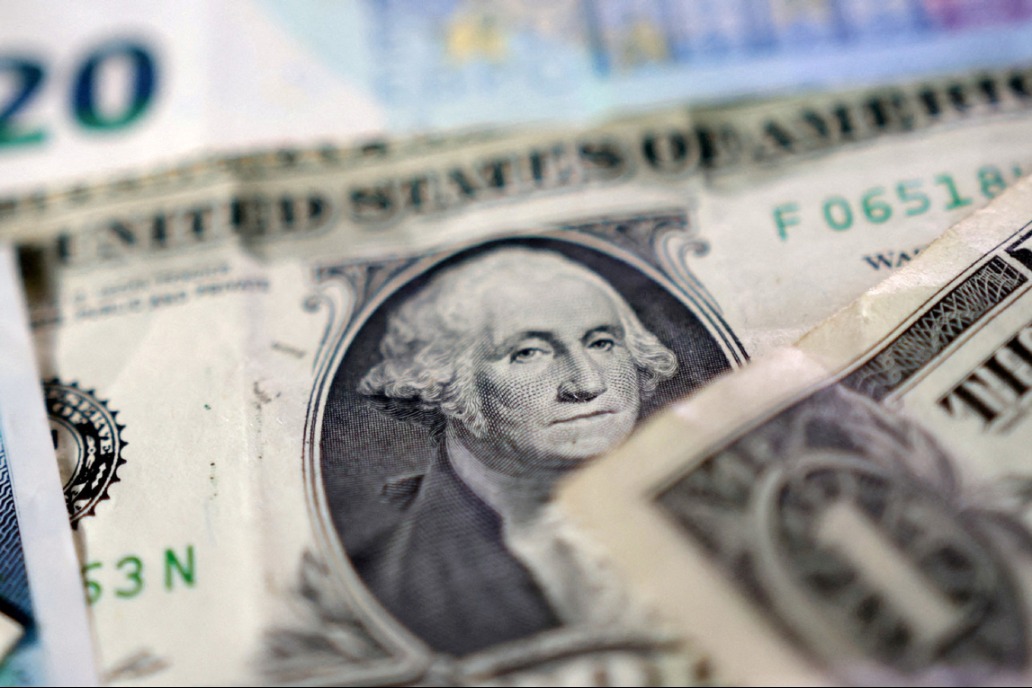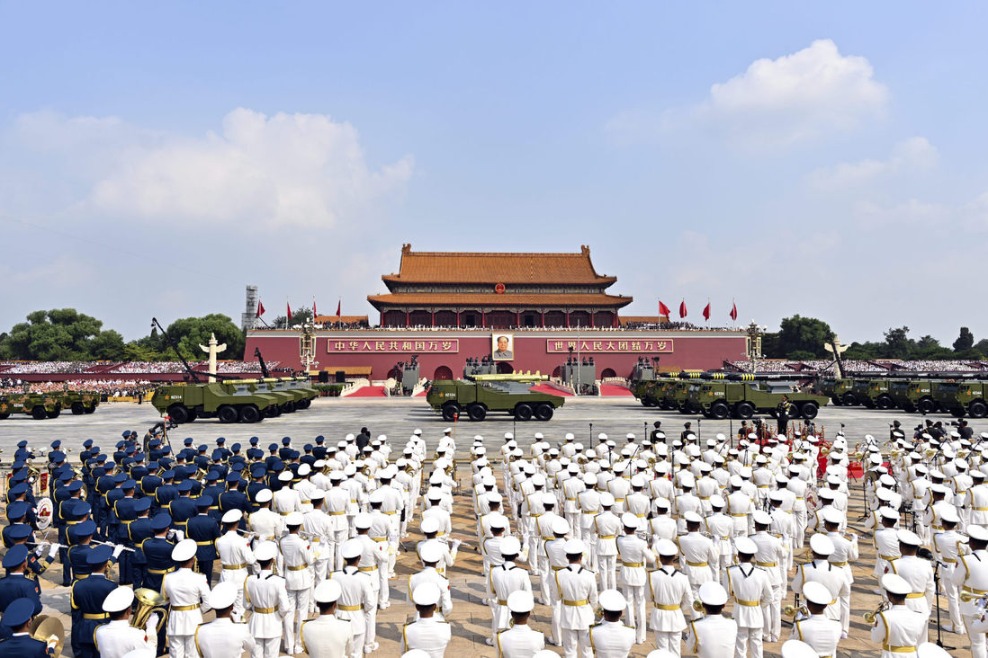Built on commonalities


Relationship between Hungary and China has been characterized by friendly cooperation
We are witnessing a transformation of the world order. The center of gravity of the world economy is shifting to the East, and the unipolar world order following the Cold War is changing into a multipolar world order.
In 2010, the government of Hungary, recognizing the transformation of the world order, announced the policy of "Opening to the East".Prime Minister of Hungary Viktor Orban stated that "we sail under the Western flag, but today an eastern wind is blowing in the world economy".
Since 2010, the political, economic and cultural relations between Hungary and China have become stronger and stronger because of the Hungarian government's "Opening to the East" policy and the common roots from which we have inherited the same way of thinking.
In 2015, Hungary was the first country in Europe to join the new Silk Road, the Belt and Road Initiative, which is celebrating its 10th anniversary this year. Of course, in addition to the Silk Road, the relationship between the two countries has been characterized by many other friendly cooperations over the past years: In 1949, Hungary was one of the first to recognize the People's Republic of China and establish diplomatic relations; in the past more than 70 years, the two countries have supported each other in many areas.
Hungarian-Chinese relations are well characterized by the fact that Hungary's accession to the International Monetary Fund in 1982 was possible with the effective help of the People's Republic of China. In the 1980s and 1990s, numerous delegations from the People's Republic of China arrived to study and utilize Hungarian economic policy during the Chinese reforms. Thanks to good economic and financial relations, the Bank of China opened a representative office in Hungary in 2002 as the first Chinese bank in the Central and Eastern European region. In addition to this economic connection, there are also many connections in the cultural field, such as the 19th-century Hungarian poet Sandor Petofi's poem Freedom and Love, which is very popular in China, as well as Hungarian inventions such as Rubik's Cube. A close, friendly relationship has developed between Hungary and China over the past years, which reached a new level with the 2010 "Opening to the East" policy.
But what does the new level mean?
First, policy coordination. Hungary played a major role in establishing cooperation between China and the Central Eastern European (CEEC) countries in 2012, which is also of prime importance in the Belt and Road Initiative. In 2015, Hungary was the first to join the initiative, and in 2018, Budapest hosted the seventh China-CEEC summit. Prime Minister Viktor Orban has participated in the events of the Belt and Road Forum on several occasions, and Hungary was guest of honor at the first China International Import Expo in Shanghai in 2018. Political relations and economic cooperation have strengthened the connections between the two countries.
Second, infrastructure connectivity. Today, there are direct flights between Budapest, the capital of Hungary, and Beijing, Shanghai and Chongqing. The Budapest-Belgrade railway project being built in Hungary is a priority project of the Belt and Road Initiative, through which Hungary will also be connected to China by rail. Hungary also plays an important role as a logistics center between China and the European Union, as 15 percent of China's total European imports still pass through Hungary. These infrastructural connections greatly support the Hungarian-Chinese trade relations.
Third, unimpeded trade. In 2021, bilateral trade between China and Hungary increased by 34.5 percent compared to the previous year, reaching $11 billion. In addition, the agricultural cooperation between the two countries is constantly expanding, thanks to which Hungary has the largest number of import licenses for food products from the Central European region. As a result, China has now become one of Hungary's most important trade partners outside the European Union.
Fourth, financial integration. Today, the Bank of China, China Construction Bank and China Development Bank all operate in Hungary. In addition to Chinese banks, large Chinese companies such as Huawei, BYD, NIO, Lenovo, Wanhua and ZTE have also chosen Hungary as their headquarters for the Central and Eastern European region. The largest green field investment in Hungary to date, 7.34 billion euros ($6.67 billion), is by Chinese company, CATL. Peter Szijjarto, Minister of Foreign Affairs and Trade, stated in February this year that negotiations are currently underway with four large Chinese companies, as a result of which new investments worth eight to 10 billion euros may arrive in Hungary. According to the China Belt and Road Initiative Investment Report 2022 by Fudan University, the major beneficiary countries of Chinese investments were Hungary ($7.6 billion) followed by Saudi Arabia ($5.6 billion) and Singapore ($2.5 billion), and the countries with the largest growth of the Belt and Road Initiative engagement were Hungary (6,233 percent), Malaysia (877 percent) and the Philippines (578 percent).
Fifth, connecting people. Hungary is home to the largest Chinese community in Central Europe, which greatly promotes the development of Hungarian-Chinese relations in all areas. Furthermore, in Hungary, in addition to the Chinese Cultural Center, five Confucius Institutes help deepen Hungarian-Chinese cultural relations and symbolize the excellent relations between the two countries. Also the number of Chinese university students in Hungary is growing rapidly, reaching around 3,000 nowadays, while their number was as low as 272 in 2010.
Why do Chinese companies choose Hungary? In addition to Hungary's geographical location in the heart of Europe, the important factor is that Hungary's political and economic situation is stable, and thus Hungary offers Chinese companies predictability and a stable business environment.
In the end, it is important to point out, as I indicated at the beginning of the article, that a new world order is currently emerging, the basis of which may be the Belt and Road Initiative. Regarding the Ukraine conflict, Hungary shares the same position as China, advocating for peaceful negotiations. The common roots and the common way of thinking determine the cooperation between the two countries, which can be clearly observed in the 70-plus-year relationship between Hungary and China, but especially in recent years, in the age of great changes.
The author is director of Eurasia Center at John von Neumann University in Hungary and former consul general of Hungary in Shanghai. The author contributed this article to China Watch, a think tank powered by China Daily.
The views do not necessarily reflect those of China Daily.


































